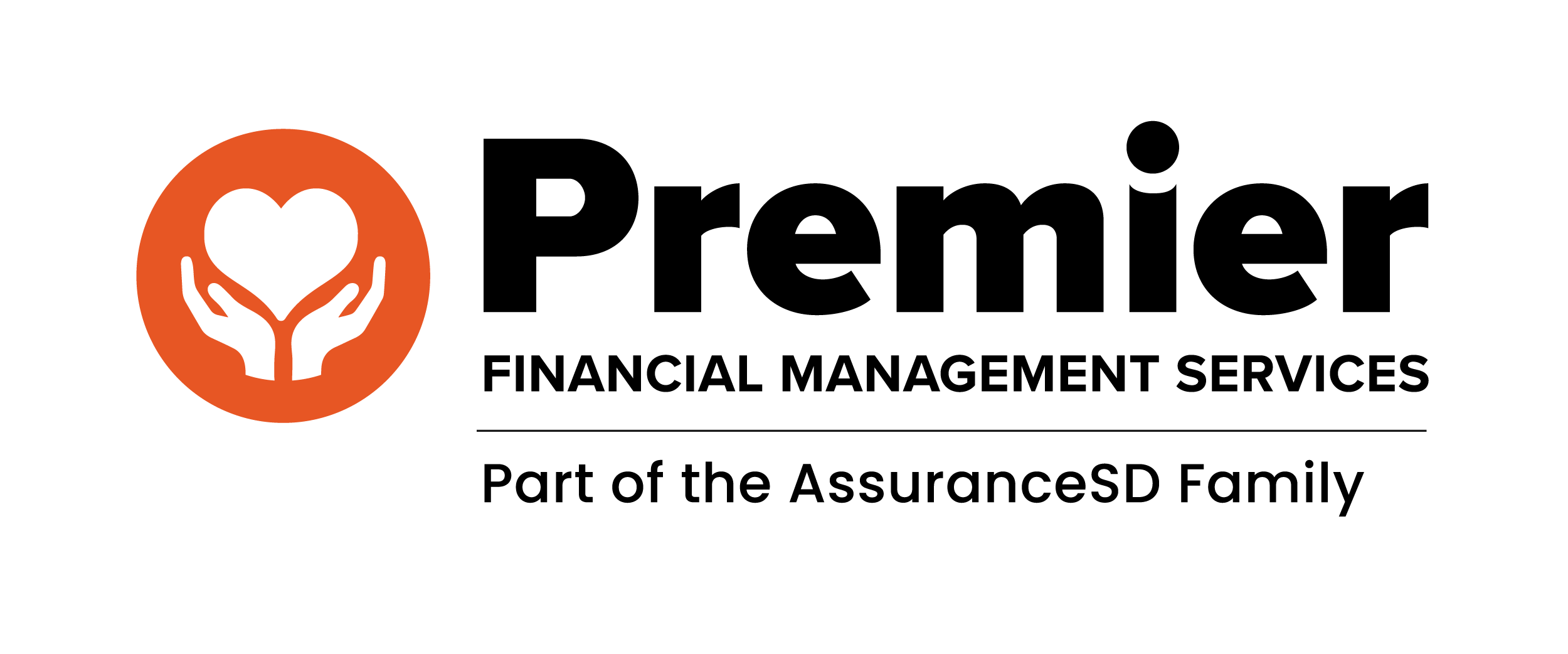Helpful Resources from National Family Caregivers Month
- Caregiver Action Network
- Recognizing and Supporting Caregivers from Caregiver Action Network.
- President Joe Biden’s Presidential Proclamation for National Family Caregiver’s Month.
About National Family Caregivers Month
In November, PremierFMS recognized National Family Caregivers Month (NFCM). NFCM supports family caregivers with tools and educational resources. It also promotes awareness to caregiving issues for families and communities. Caregiver Action Network leads NFCM throughout the month. They share access to caregiving resources with families and Direct Care Professionals across the country.
Part of CAN’s mission is connecting Caregivers with resources to improve the support they provide. During NFCM, CAN promoted self-recognition as the month’s theme. CAN provides several reasons when and where it’s important for Caregivers to identify themselves as their recipient’s Caregiver, including:
- At the recipient’s medical appointments
- At the Caregiver’s own medical and mental health appointments
- When communicating with insurance companies
- At pharmacies and emergency rooms
- At work, with friends and family, and at community events
Your Recipient’s Health and Wellness Provider
CAN shares why it’s important to declare yourself as the Caregiver in these situations. For many, it’s important to declare yourself as the Caregiver so you have an understanding of support needs. When Caregiver’s understand their recipient’s support needs, they can support them with confidence at home. In case of emergencies or handling medications at the pharmacy, Caregivers can provide first-hand context of their recipient’s medical condition. This supports doctors and pharmacists in making fully informed decisions with the recipient you support.
Your Health and Wellness Provider
Your healthcare providers will want to know if you are a Caregiver. Caregiving can be stressful at times. The job can lead to burnout and anxiety. It is encouraged to meet with a mental health provider if you experience these symptoms. Your own your mental health providers can assess your well-being and provide you with resources to manage the stress that comes with the job. For many, close friends and family are our support system. A close support system will help you manage the stressful aspects of your job as well.
There are many other instances where identifying yourself as a Caregiver is important. If providing support for a loved one with another job, you may be eligible for benefits. The Family and Medical Leave Act (FMLA) supports Caregivers working another job. These include flexible work hours so you can take time to provide support at home.
Caregiving in Your Community
Look out for resources in your community and register for community caregiving events. You may be able to connect with city leaders to share your caregiving stories at these events. Caregivers can expand their networks by joining social media groups. Facebook groups are a good way to connect with Caregivers in and outside of your community. There, you’ll have an opportunity to share experiences and learn from one another.
